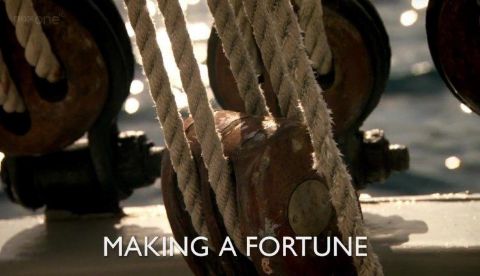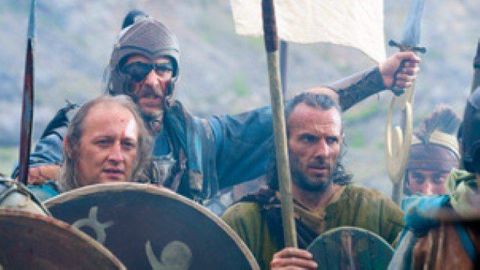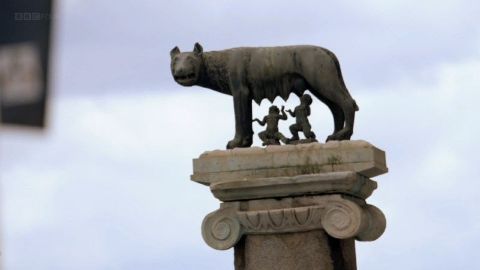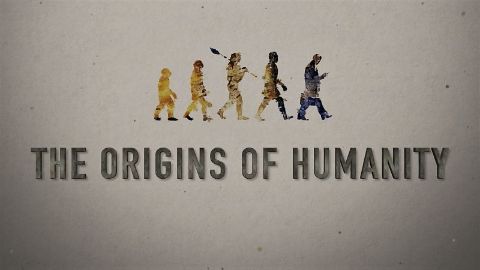Making Ourselves at Home • 2012 • episode "S1E2" • Empire
He continues his personal account of Britain's empire by looking at how traders, conquerors and settlers spread the British way of doing things around the world - in particular how they created a very British idea of home. He begins in India, where early traders wore Indian costume and took Indian wives. Their descendants still cherish their mixed heritage. Victorian values put a stop to that as inter racial mixing became taboo. In Singapore he visits a club where British colonials gathered together, in Canada he finds a town whose inhabitants are still fiercely proud of the traditions of their Scottish ancestors, in Kenya he meets the descendants of the first white settlers - men whose presence came to be bitterly resented as pressure for African independence grew. And he traces the story of an Indian family in Leicester whose migrations have been determined by the changing fortunes of the British empire.
Make a donation
Buy a brother a hot coffee? Or a cold beer?
Hope you're finding these documentaries fascinating and eye-opening. It's just me, working hard behind the scenes to bring you this enriching content.
Running and maintaining a website like this takes time and resources. That's why I'm reaching out to you. If you appreciate what I do and would like to support my efforts, would you consider "buying me a coffee"?
Donation addresses
BTC: bc1q8ldskxh4x9qnddhcrgcun8rtvddeldm2a07r2v
ETH: 0x5CCAAA1afc5c5D814129d99277dDb5A979672116
With your donation through , you can show your appreciation and help me keep this project going. Every contribution, no matter how small, makes a significant impact. It goes directly towards covering server costs.









